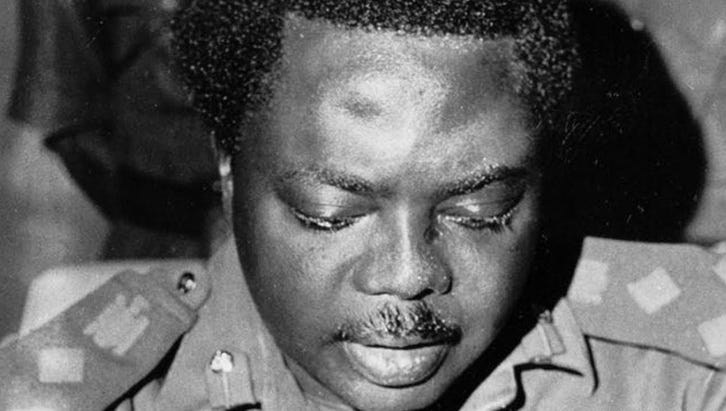Was Murtala Muhammed a hero or villain?
In a style reminiscent of fast-paced military thrillers and suspense fiction, Taiwo Ogundipe brings to life the sad story of General Murtala Muhammed and the Dimka-led 1976 coup, in his classic narrative, The Hurricane.
If history were taught in the form of stories, it would never be forgotten,” English journalist, Rudyard Kipling, once said. This is true of Taiwo Ogundipe’s The Hurricane, a memorable narrative of one of the most pivotal moments in Nigerian history.
The Hurricane…



